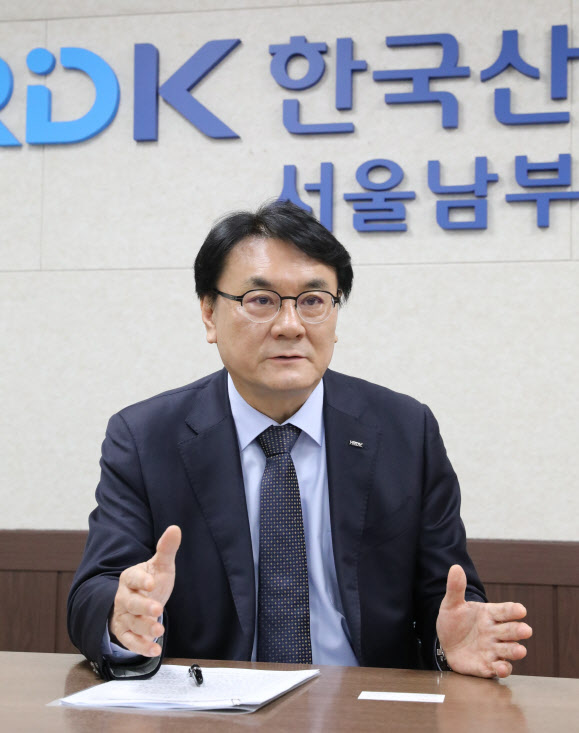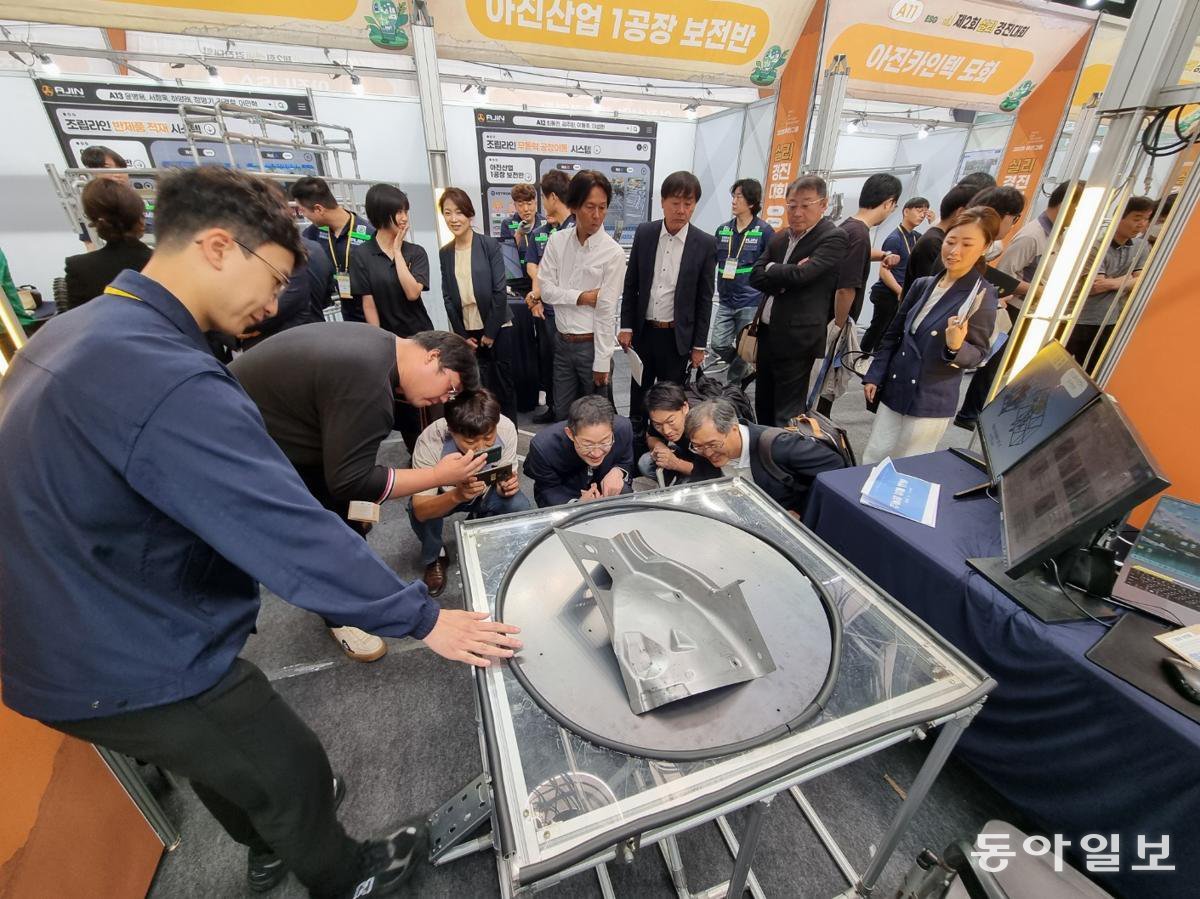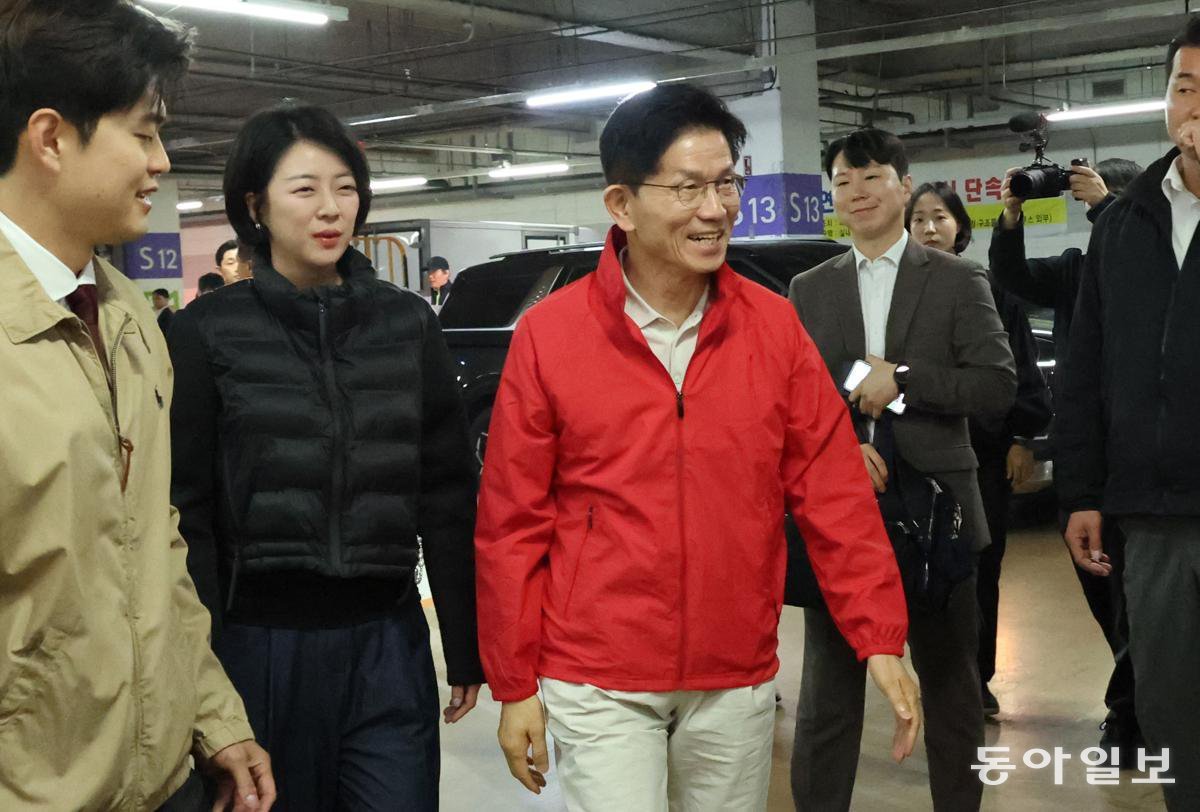[Jiyu Kong, Edaily Reporter] “If our society can boost labor productivity as we navigate the demographic cliff, we will be able to overcome the crisis. To achieve this, lifelong skills development must become a common practice.”
Woo-young Lee, Chairman of Human Resources Development Service of Korea(HRDK) emphasized in a recent interview with Edaily that while technologies like AI and robotics are advancing, the pace of population aging is outstripping the adoption of such technologies in the workplace, making labor productivity improvement a top priority. Lee will speak at the upcoming Edaily Strategy Forum (June 18?19) to present strategies for integrating senior workers into the industrial workforce.
 |
| Woo-young Lee, Chairman of Human Resources Development Service of Korea.(Photo by HRDK) |
As of late last year, Korea officially entered a super-aged society, with more than 20% of its population aged 65 or older. As a result, industries are facing increasing burdens due to labor shortages. “Due to aging, core industries that rely on physical labor, such as small and medium-sized manufacturing, construction, and agriculture, are struggling to secure workers,” Lee said.
In manufacturing, the backbone of Korean industry, tacit knowledge held by experienced veteran workers, skills accumulated through years of hands-on experience that cannot be easily documented or transfered through manuals, is especially vital. Lee expressed concern that when these skilled technicians retire, their know-how could be lost. “Highly skilled professionals are irreplaceable by AI,” he said. “Ironically, we are entering a renaissance era for skilled labor.”
Lee stressed the importance of middle-aged workers passing their expertise to younger colleagues before retirement, ensuring that skills are not lost. “Young people are quick to react and efficient in handling tasks, while older workers bring seasoned experience and technical depth that can shape organizational culture. We need environments where both generations can work together as mentors and mentees,” he said.
He also called for the continuous skill development of training programs to enable older adults to remain active in the labor force. He stated, “For middle-aged workers, as long as they have sufficient retirement assets from public and private pensions, earning a modest salary is enough. We should create job models that allow seniors to make the most of their strengths.”
Supporting seniors in acquiring new skills after retirement is also crucial for self-fulfillment. “Over the past 4-5 years, the number of certificate exam applicants aged over 50 has increased by about 70%,” Lee noted. “Many are pursuing qualifications in fields like forestry technician, tree doctor, or forklift operator, roles that appeal to experienced middle-aged workers. Earning certifications not only enables economic activity but also helps seniors discover new identities and maintain their health.”
He also highlighted the need to support small business employees, who often have fewer training opportunities than those at large corporations. HRDK currently operates the “Large-Small Business Corporate Partnership Academy,” where major companies provide training programs to employees at partner SMEs. “Joint training programs, where large companies with superior facilities and resources collaborate with SMEs in the same industry, are the first step toward narrowing the corporate gap. The government must do more to create supportive environments for SME technicians,” Lee said.
About Woo-young Lee…
△Born in 1960 △Bachelor’s in Mechanical Engineering, Hanyang University △Former Head of Industry-Academia Cooperation, Korea University of Technology and Education △Former Chairman, Ministry of Employment and Labor Ombudsman Committee △Former President, Korea Polytechnic University

 1 day ago
5
1 day ago
5





![삼겹살 식당에서 소주 ‘짠’… 한국 아니라 필리핀이라고?[동아리]](https://dimg.donga.com/wps/NEWS/IMAGE/2025/05/26/131685388.2.jpg)

![30조원이 0으로…인도 최고 스타트업은 이렇게 망했다[딥다이브]](https://dimg.donga.com/wps/NEWS/IMAGE/2025/05/30/131719556.1.jpg)

![조승래 “지귀연 판사 제보 여러건…법원-공수처가 확인해야” [정치를 부탁해]](https://dimg.donga.com/wps/NEWS/IMAGE/2025/05/19/131636504.1.jpg)




![[포토] 투표용지 인쇄 시작](https://img.hankyung.com/photo/202505/AA.40611422.1.jpg)

 English (US) ·
English (US) ·